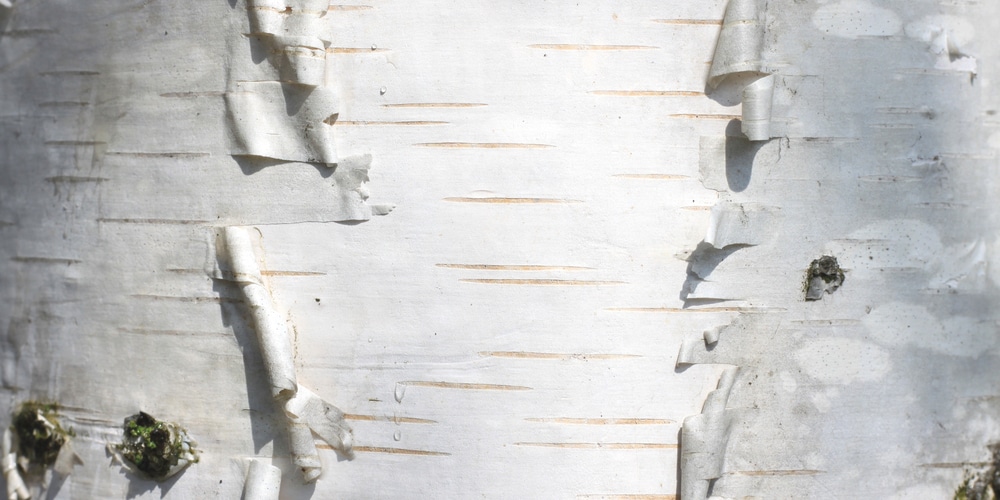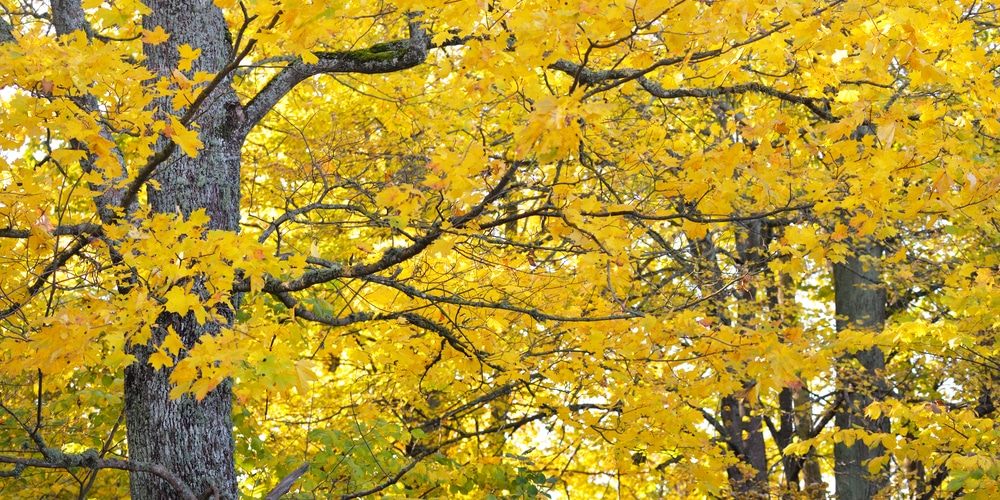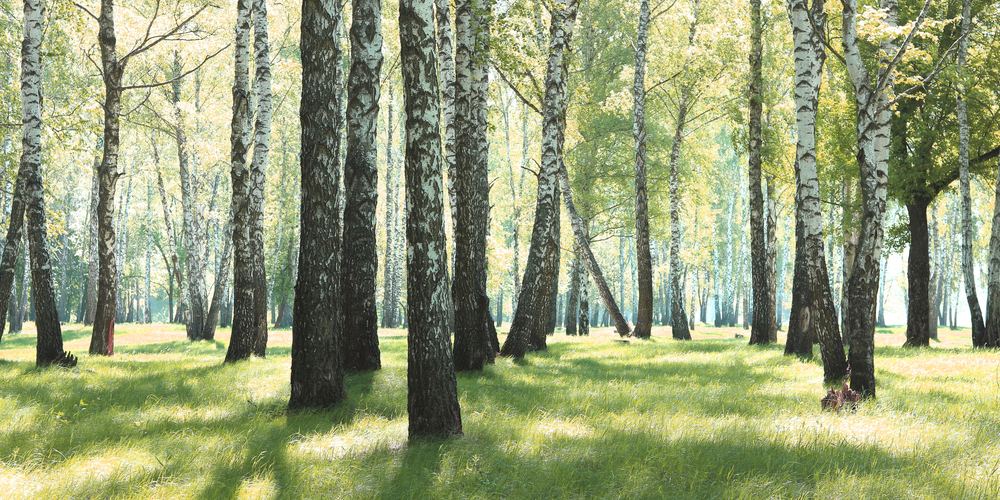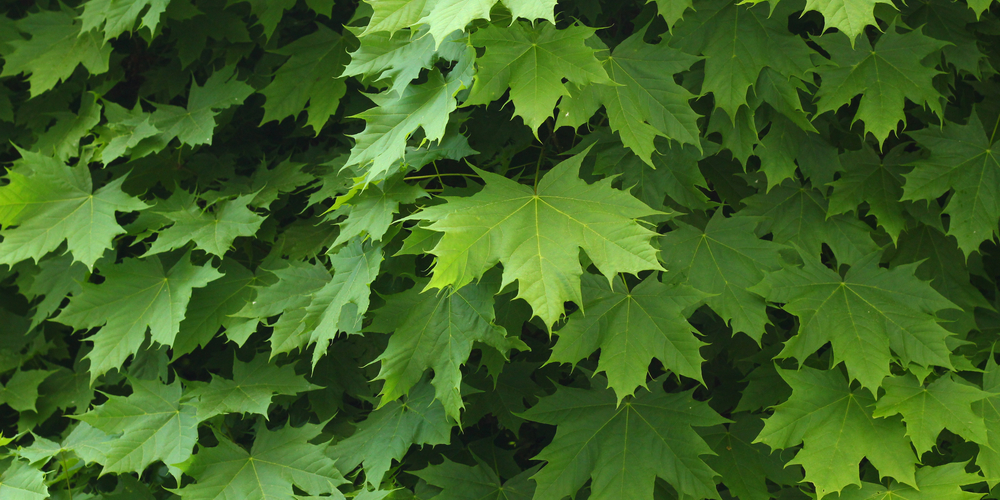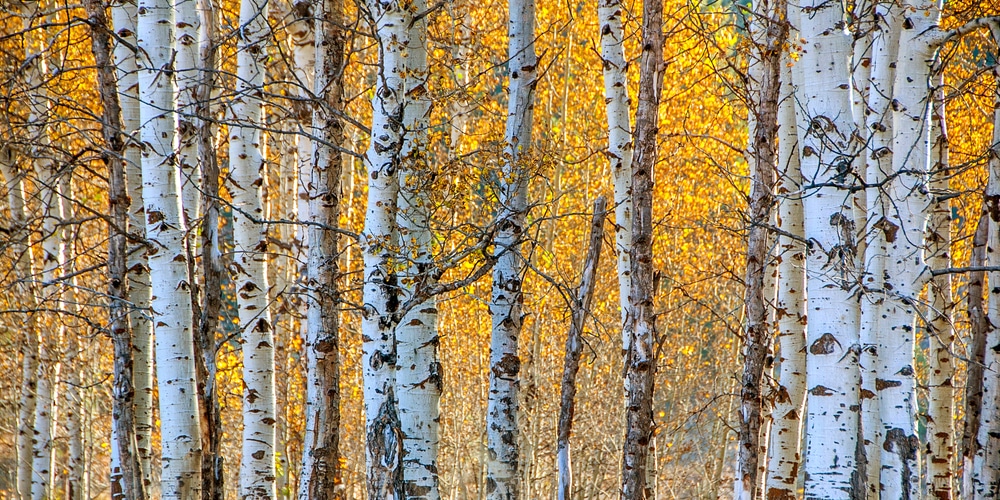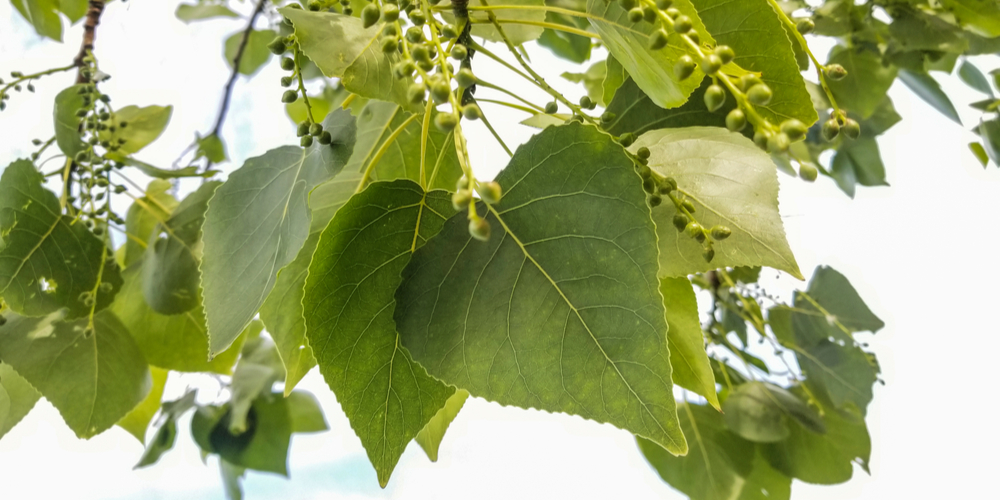Michigan is a beautiful state, filled with diverse landscapes and trees. Characterized by its endless forests, pristine lakes, and rolling hills, Michigan is home to many different types of trees – including the Birch tree.
From the Detroit metropolitan area to the Upper Peninsula, Michigan is a haven for nature lovers and outdoor enthusiasts.
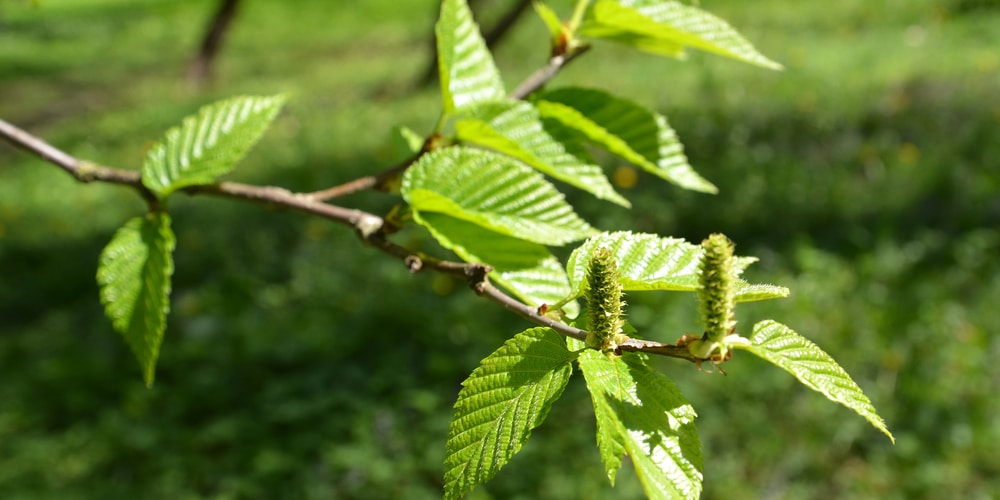
The Birch tree is a slender, deciduous tree found in North America, Europe, and Asia. In Michigan, the birch tree is most commonly found in the northern Lower Peninsula.
The birch tree grows to be about 50-70 feet tall and has a lifespan of around 100 years. The birch tree bark is smooth and white, with black spots dotting the surface.
The birch tree leaves are simple and ovate-shaped, with a serrated margin. The leaves are dark green in color with a silver underside.
This blog post will explore the different types of birch trees found in Michigan, as well as some other common trees found throughout the state.
Michigan is home to many different kinds of trees – from the Birch tree to the Maple tree. Keep reading to learn more about some of the different trees that call Michigan home.
Types of Birch Trees in Michigan
Michigan boasts various birch trees, thanks to its diverse landscape. The following are some of the different types of birch trees found in Michigan:
White Birch or Paper Birch
The white birch is a truly stunning sight. Also known as the paper birch, this tree is easily recognizable by its smooth, white bark. This is probably one of the birch trees that you associate with winter due to its festive appearance. The white birch is a medium-sized tree that grows to be about 40-60 feet tall.
The branches are long and slender, and the leaves are small and triangular. In the spring, the paper birch produces small, yellow flowers, and in the fall, its leaves turn a beautiful golden yellow.
The paper birch is native to Michigan, and it can be found in woodlands throughout the state. It is a popular choice for landscaping due to its elegant appearance, and it is also a cherished source of wood for crafting furniture and other wooden items.
Yellow Birch
The yellow birch is a tall, stately tree that is often found in Michigan forests. It has a prominent place in the state’s history, as it was an important part of the logging industry in the 19th and early 20th centuries.
The yellow birch is also a popular choice for landscaping due to its attractive golden-yellow bark. The leaves of the yellow birch are dark green and glossy, and they turn a beautiful golden yellow in the fall.
The tree typically grows to be about 60 feet tall, but it can reach up to 100 feet in height. The yellow birch is a slow-growing tree, but it is long-lived.
River Birch
River birch (Betula nigra) is a large deciduous tree typically grows 50-70 feet tall with an irregular, broadly oval crown. River birch prefers full sun to partial shade and moist, loamy, well-drained soils.
It is tolerant of flooding, salty soils, and heavy clay soils. This native tree occurs on floodplains, streambanks, pond perimeters, and other wet areas throughout Michigan.
The showy peeling reddish-brown bark provides excellent winter interest. Clusters of small yellow flowers appear in late spring, followed by oval-shaped green fruits that ripen to brown in late summer.
Foliage turns variably yellow in autumn before falling. Cultivars available for selection include ‘Dura-Heat,’ ‘Heritage,’ and ‘Parkland Pillar.’
Black Birch
Also known as the cherry birch, this tree gets its name from its dark bark, which is shiny and smooth. The branches are long and slender, and the leaves are small and triangular. In the spring, the cherry birch produces small, white flowers.
Other Trees Found in Michigan
In addition to the birch trees mentioned above, there are a few other common trees found throughout Michigan. These include:
Maple Tree
The Michigan maple tree is a stunning sight in the fall when its leaves turn a bright shade of crimson. These trees are also known for their syrupy sap, which is used to make maple syrup. In addition to being eaten, the sap can also be used for making crafts or for healing wounds.
Maple trees are found throughout Michigan, and they are a popular choice for landscaping. Thanks to their compact size and beautiful leaves, they are often used as ornamental trees. However, they can also provide valuable shade and shelter for humans and animals alike.
Aspen Tree
Characterized by their white bark and trembling leaves, Aspen trees are a familiar sight in many Michigan forests. However, these trees are actually quite unique. Unlike most other trees, Aspens reproduce primarily through root systems rather than seeds.
When an Aspen tree dies, its roots send up new shoots that quickly grow into young trees. As a result, an Aspen forest often contains clones of the same tree, all connected by a shared root system.
In addition to their unusual reproductive habits, Aspen trees are also known for their beautiful fall foliage. The leaves turn a bright gold before they fall to the ground, creating a stunning display that is popular among leaf-peepers from all over the world.
American Basswood Tree
The American Basswood tree is a stately and regal tree that is native to Michigan. It grows to be about 50-70 feet tall and has a spread of about 35-45 feet. The leaves are large and oval-shaped, and the bark is smooth and light gray in color.
The Basswood tree blooms in June with small, fragrant flowers that attract bees and other pollinators. The fruits of the Basswood tree are cone-like, with winged seeds that are dispersed by the wind.
The Basswood tree is a popular choice for landscaping due to its stately appearance and its ability to thrive in a variety of soils.
Birch Trees in Michigan: Final Thoughts
Birch trees, along with other common Michigan trees, play an important role in the state’s ecosystem. These trees provide homes for wildlife, help to purify the air, and offer shade and shelter from the hot summer sun.
In addition to their environmental benefits, birch trees are also beautiful, with their smooth bark and bright leaves.
If you’re looking for a stately tree to add to your landscape, consider the American Basswood tree.
Or, if you want a tree that will provide you with delicious syrup, look no further than the Michigan Maple. Whatever your needs may be, there is sure to be a Michigan tree that is perfect for your landscape.
